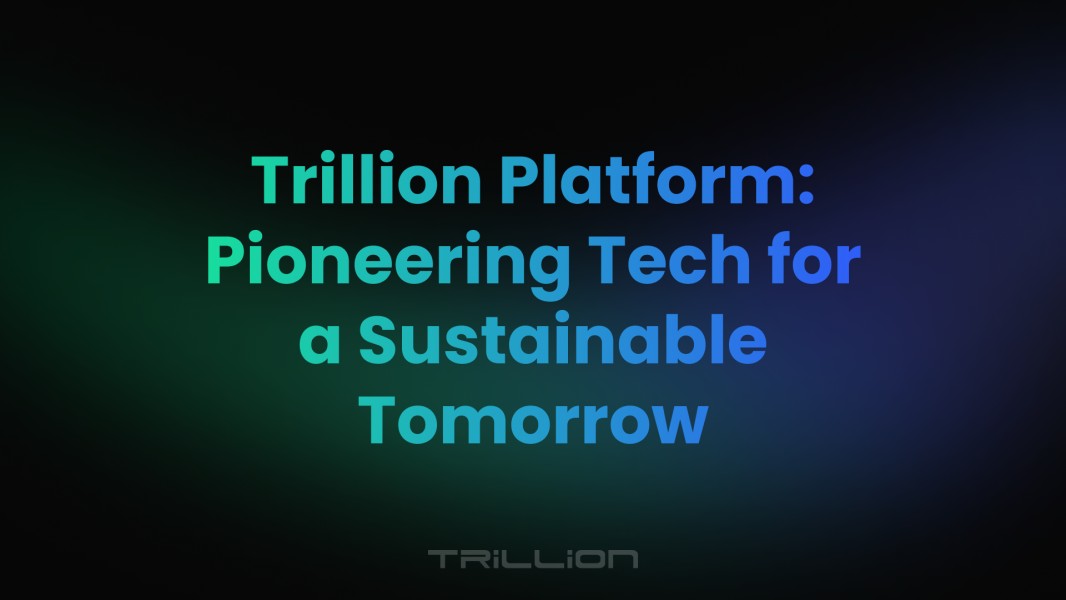
Trillion Platform continues its active exploration of sustainable development and the integration of new technologies in line with its mission. Within this research, our focus is on how digital solutions can contribute to the formation of a more ecologically sustainable world.
The advancements in technology over recent years have unveiled broad prospects, and this report aims to identify specific areas where technology can support sustainable development.
As a reminder, Trillion Platform is a project specializing in the development of initiatives aligned with the UN Sustainable Development Goals (SDGs), with a commitment to advancing goals 3, 4, and 8. Trillion Platform comprises an ecosystem, including an EdTech platform, a unique blockchain designed to address global UN SDGs, and a DAO community.
Application of Smart Cities
One significant example is the implementation of smart cities. Initiatives utilizing sensor networks, artificial intelligence systems, and data analysis in urban infrastructure provide numerous advantages for sustainable development. A recently executed project, for instance, monitors real-time energy consumption block by block, identifying potential areas for cost savings on utility bills. Transportation agencies can optimize public transit schedules, reducing idle times and, consequently, pollution emissions.
Monitoring and Data Collection
Monitoring progress becomes a key element in achieving long-term goals. Thanks to digital tools, we can collect, analyze, and utilize data on environmental and social impacts. This provides a clearer understanding of how policies and projects influence the environment and quality of life in different regions.
Global Accessibility and Collaboration
Technologies also play a crucial role in addressing global challenges. Remote communication, coordinating aid during natural disasters, and providing access to medical assistance for isolated communities become possible through digital solutions. The ability to reduce travel, facilitated by technological means, also contributes to a lower carbon footprint.
Challenges and Solutions
Certainly, challenges exist, such as disparities in technology access in developing regions and privacy issues. However, with careful control and collaboration between governments, the private sector, and society, these problems can be overcome. Responsible electronic waste management and energy efficiency must remain at the forefront.
Conclusion
In conclusion, technologies offer us a powerful tool for achieving a sustainable future. As long as we are guided by humanitarian principles, justice, and care, new technologies can pave the way for a greener and healthier planet for all.